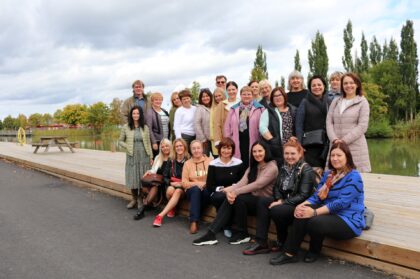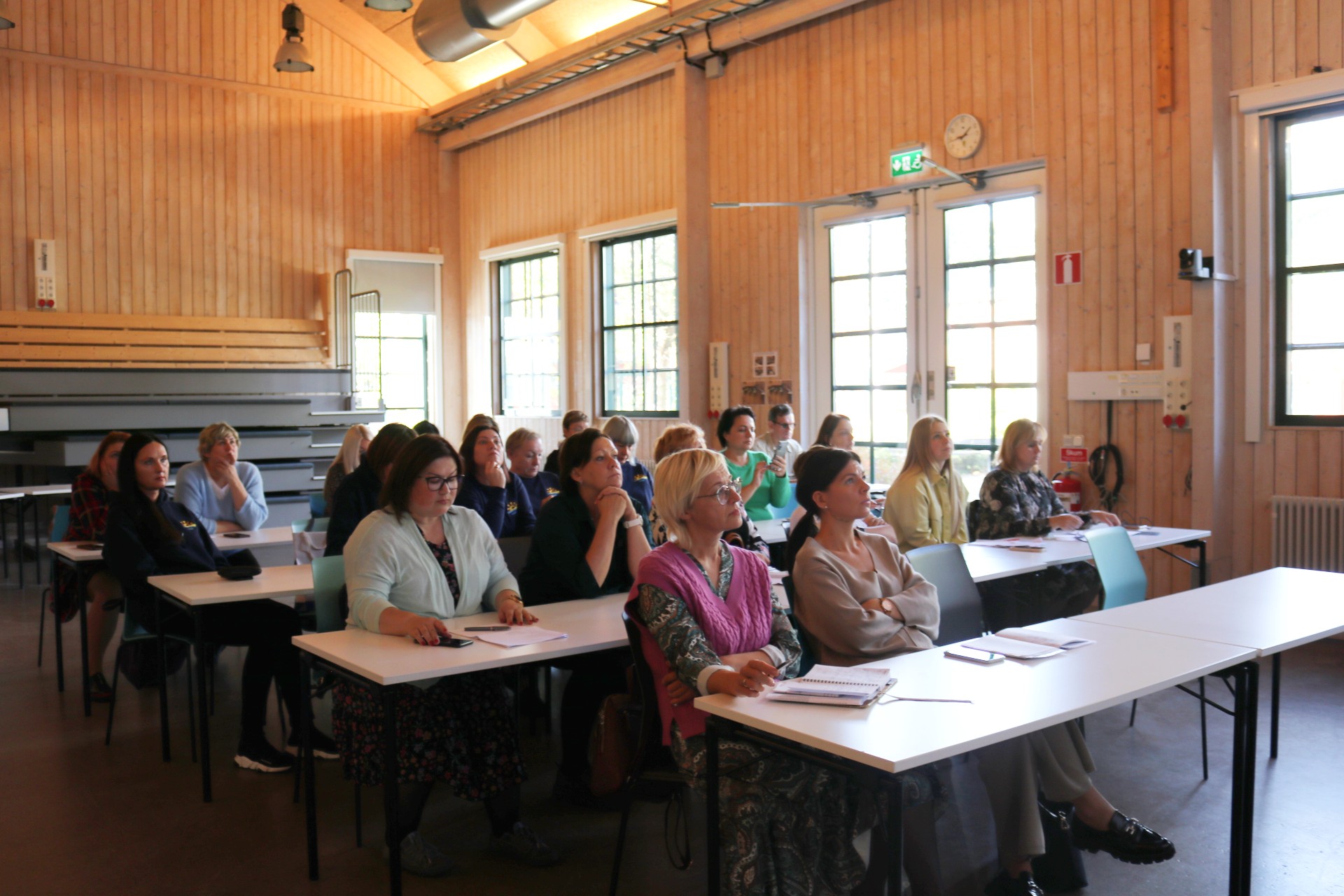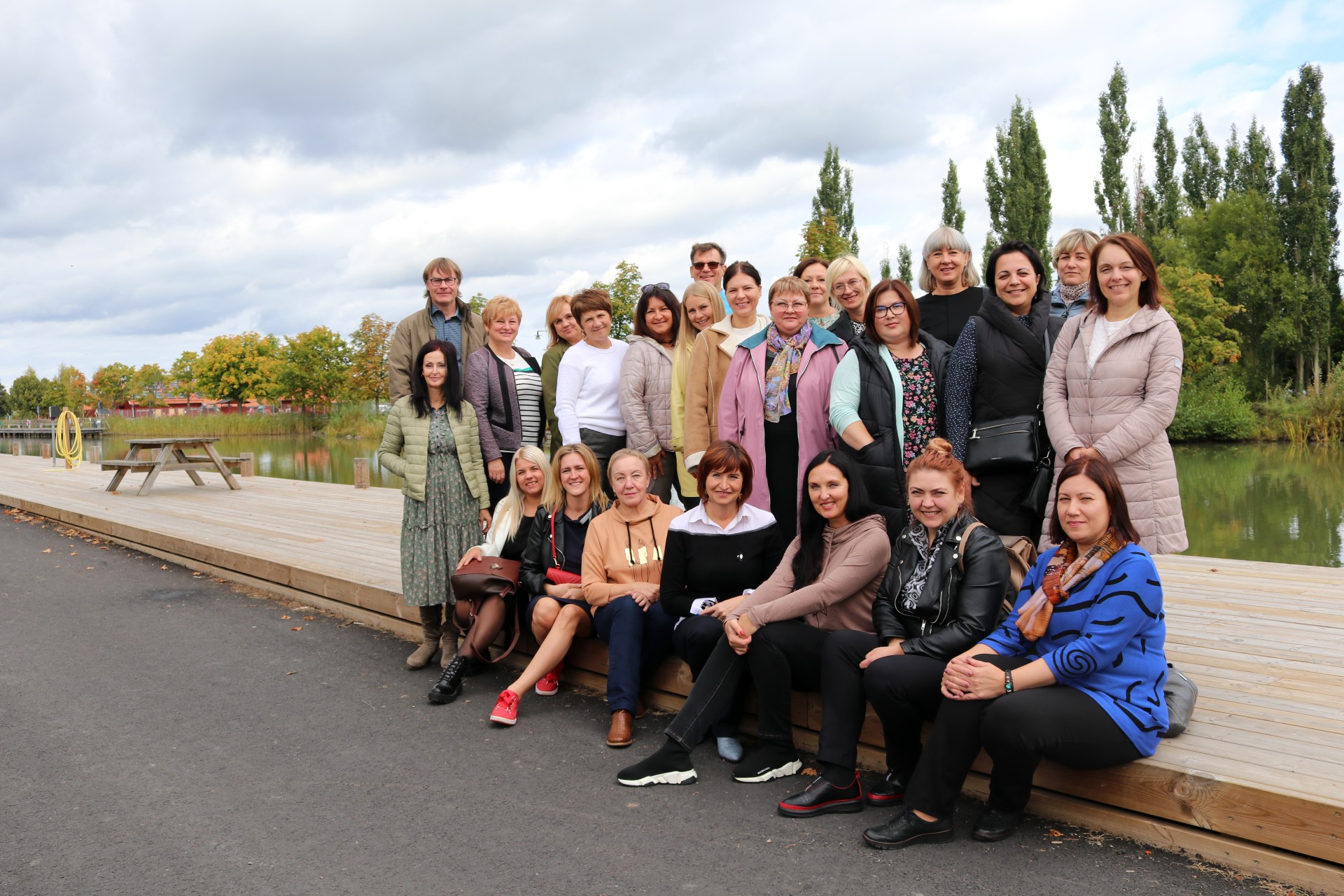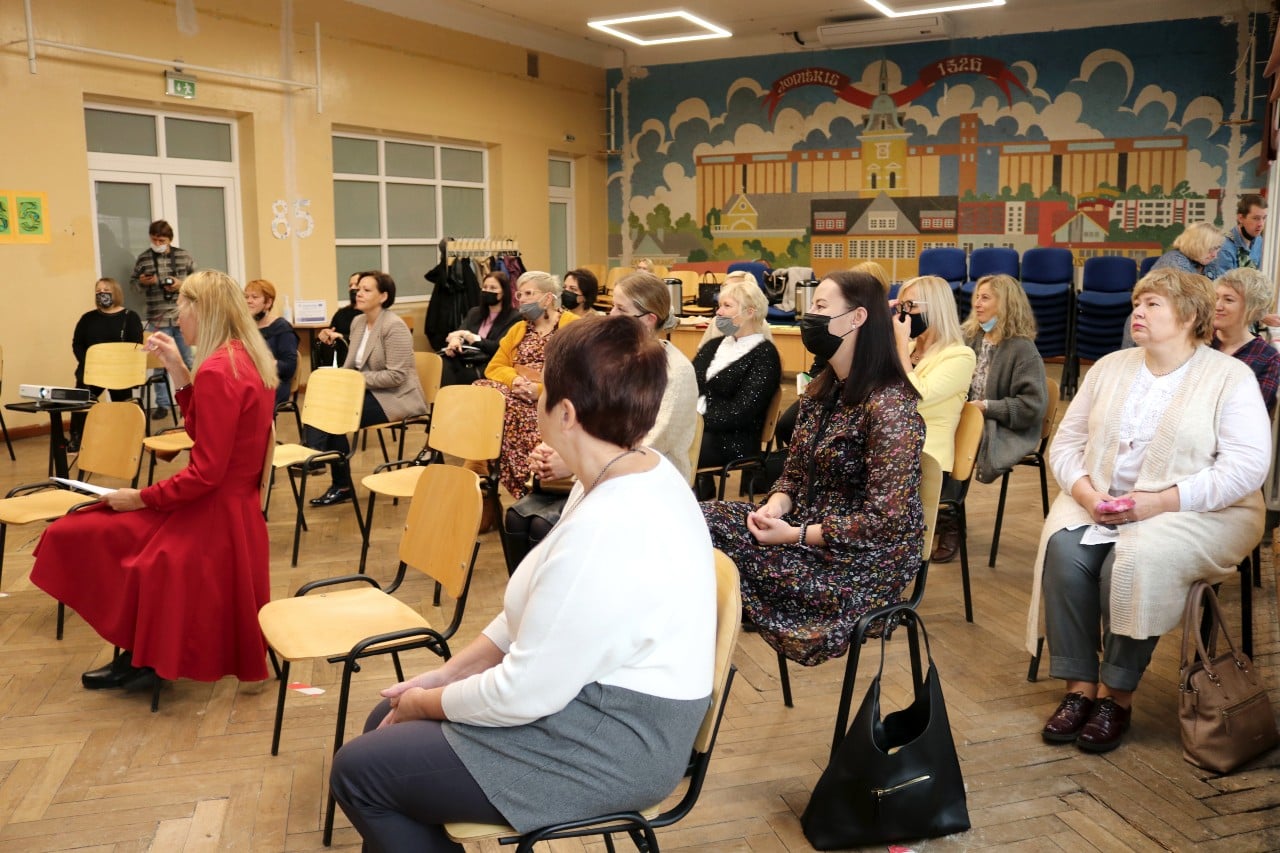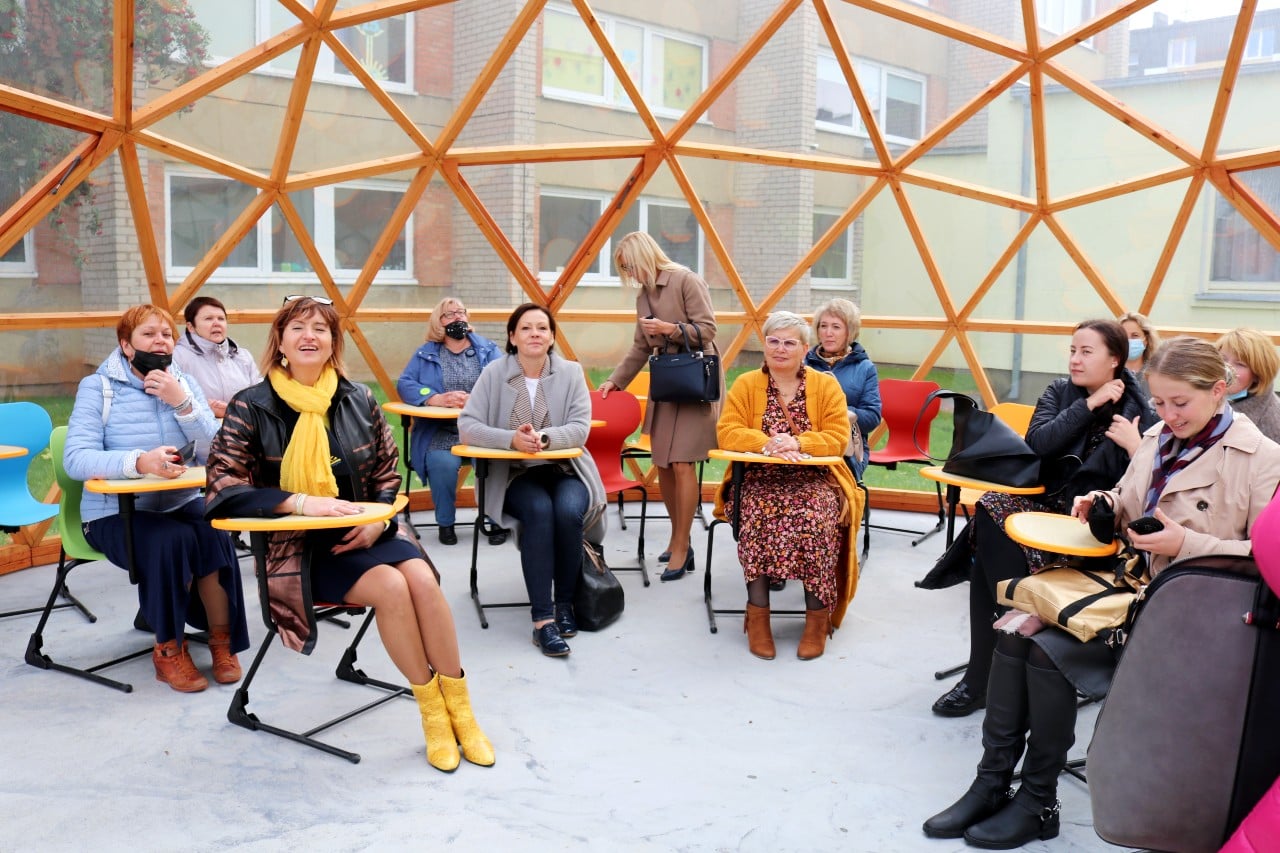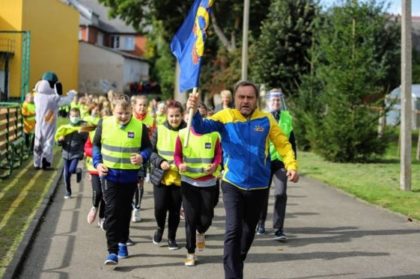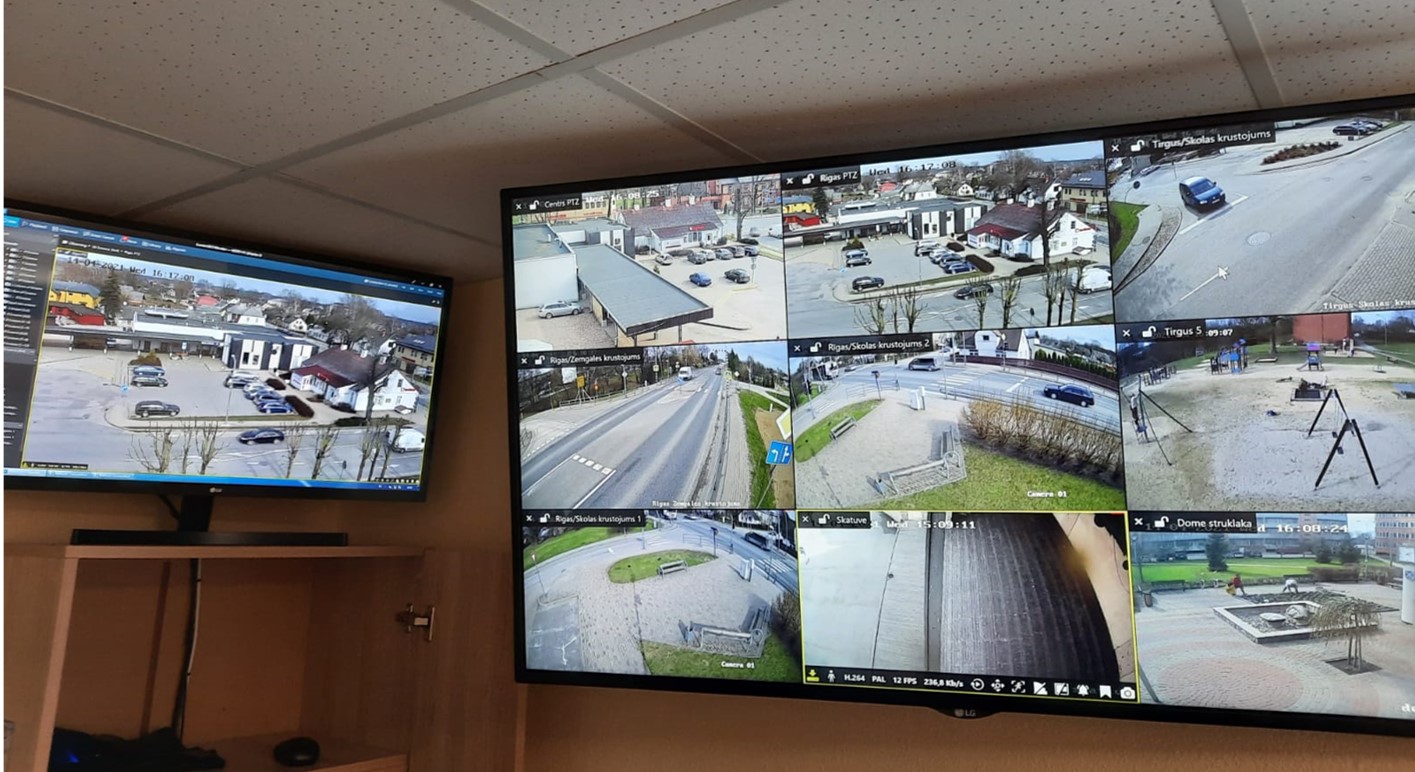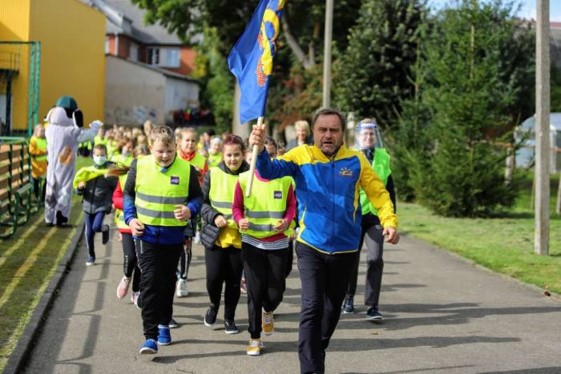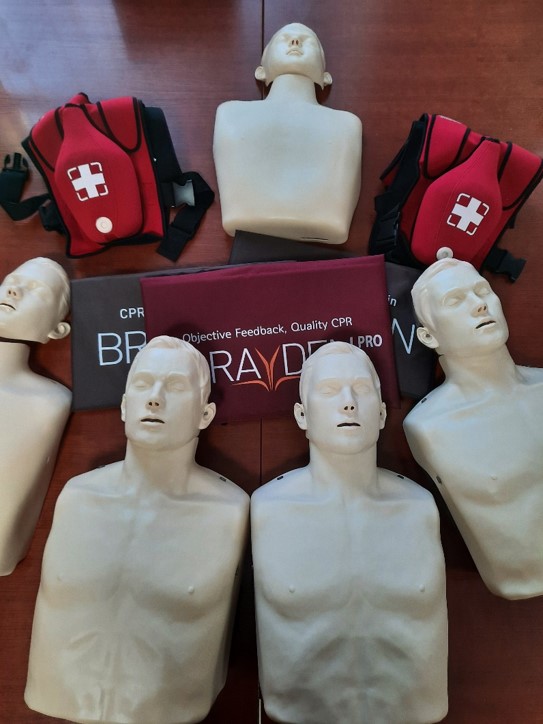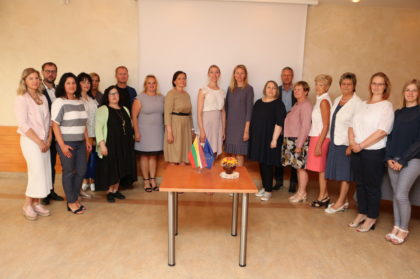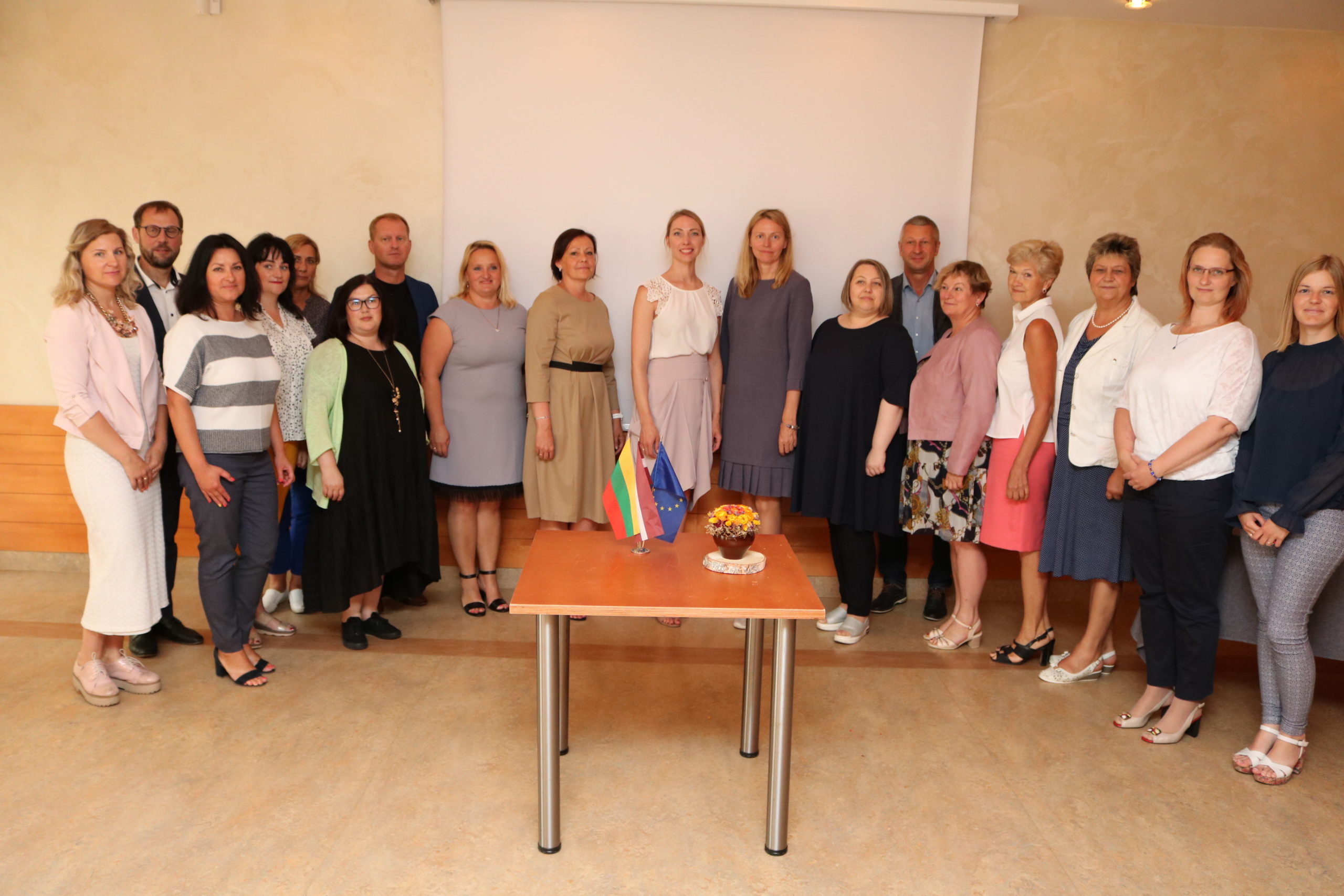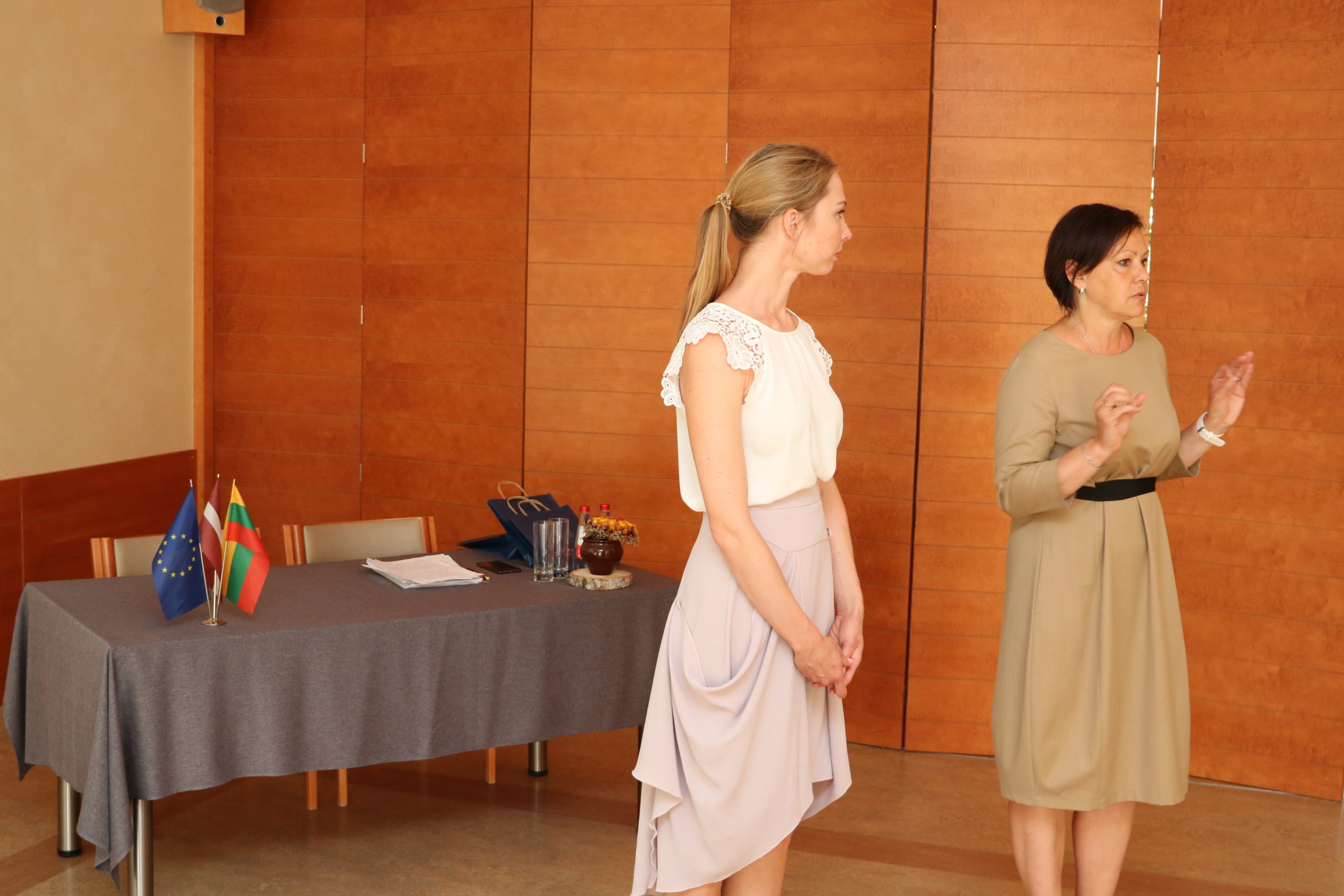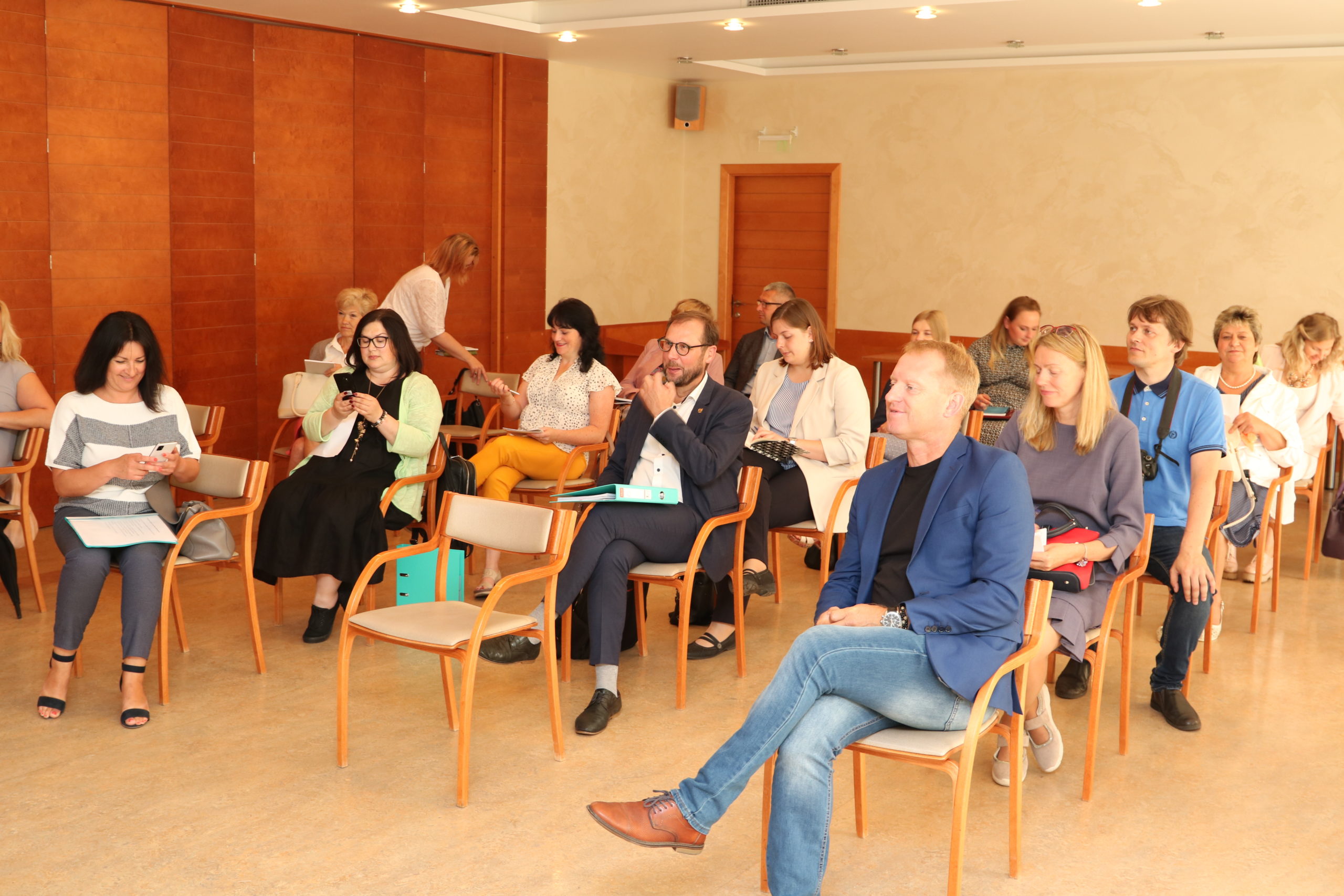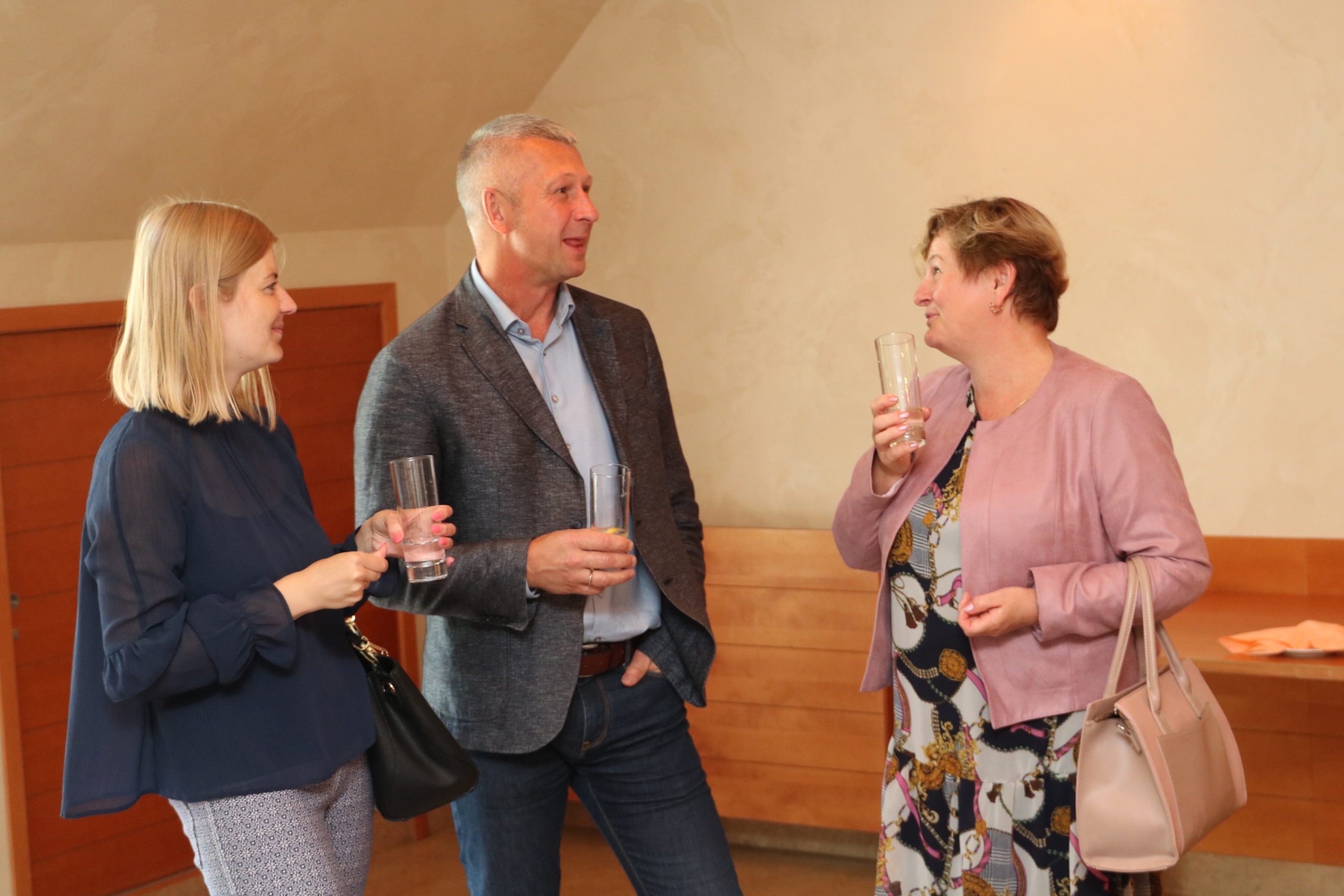21 October 2022
Knowledge and cooperation make schools safer
This is the main, but not the only message of the final meeting of the Interreg V-A Latvia-Lithuania CBC Programme 2014-2022 supported project LLI-506 “Safe environment for pupils and teachers – the basis for quality education” (“Safe school”) in Pakrojas district, which was attended by representatives of partner institutions from Zemgale Planning Region (ZPR), Joniškis and Pakroja district municipalities in Lithuania, and Bauska and Jēkabpils municipalities in Zemgale.
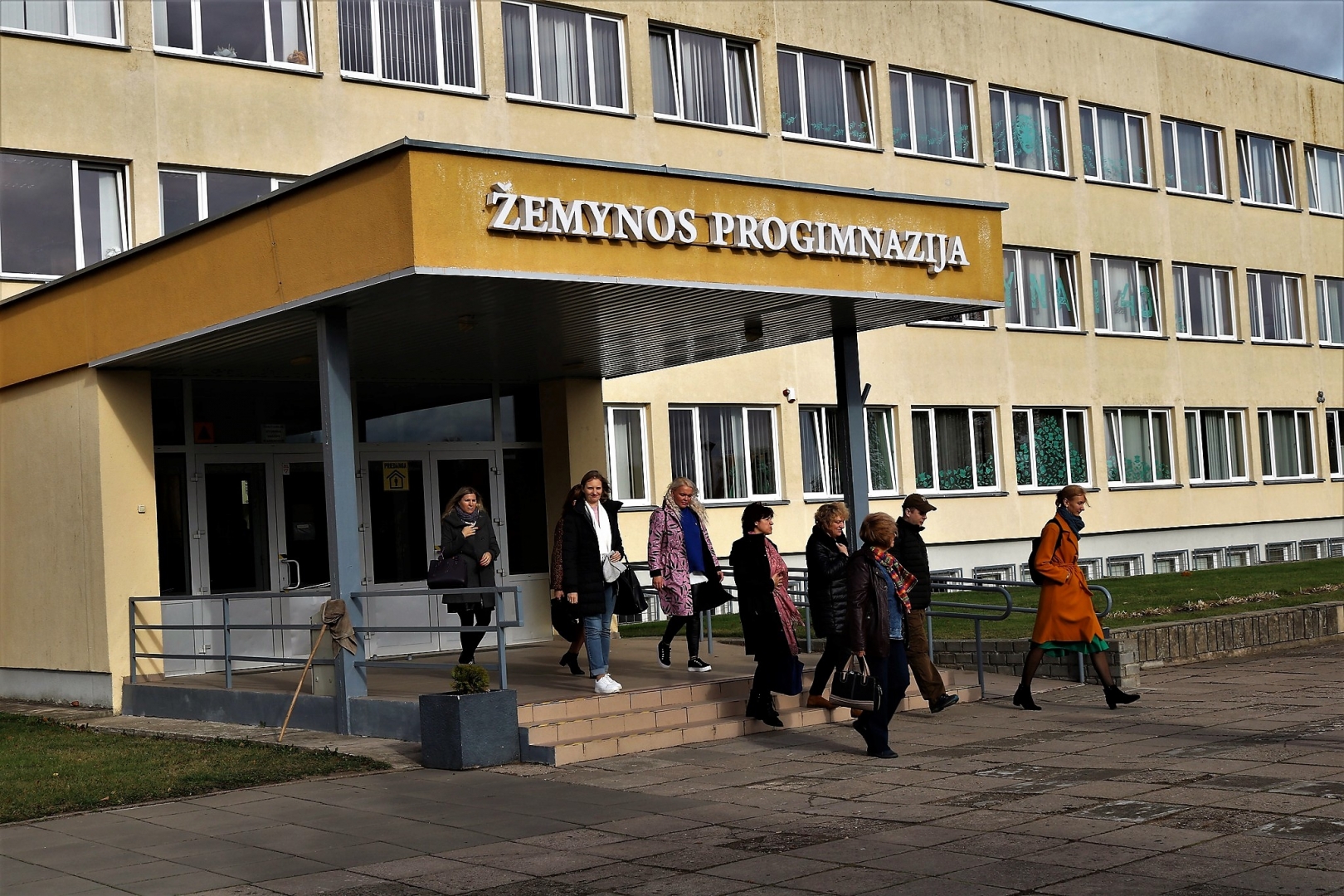
The project was implemented over two years with the aim of providing teachers and pupils with the necessary knowledge and skills to apply in situations where the school environment becomes unsafe and can cause significant damage to the physical or mental health of pupils. To achieve this goal, a total of six training cycles were organised for more than 180 education staff, as well as eight training seminars on creating a positive school climate, learning and working environment, preventing peer conflicts and mobbing, teamwork in dealing with behavioural problems, cooperation with children themselves and their parents, psychologists, social pedagogues and other professionals. For example, the training organised in Dobele for pupils of schools in Zemgale and North Lithuania to learn the Drama Method in spotting and preventing violence was positively received.
The training “My Virtual EGO” for primary school pupils was also engaging and useful. A qualified lecturer, using a wide range of illustrative material, talked about topics such as the Internet and what it offers, the risks and dangers of the Internet, cyber-bullying and its manifestations, fake accounts and fake news on the Internet, as well as other topical issues, in a language that children can easily understand. It should be noted that with the support of the project, three instructive videos have been produced and will be available online in an easy-to-understand, video-game-style format: “A safe way to school”, “Emotional and physical violence among teenagers” and “Internet safety”.
In the final phase of the project implementation in Zemgale, more than 20 interested education professionals engaged in a joint discussion to find practical solutions to various challenges in improving the school environment that affect the well-being of students and teachers. Forming five equal teams, the participants set about generating half a hundred different development-oriented ideas, testing them, preparing presentations for the most valuable ones, and learning the methodology for organising such a discussion.
In addition, the project has supported meaningful partner exchange seminars in Iecava, Jēkabpils, Joniškis and Pakroja, with visits to specific educational institutions and their infrastructure, several summer camps for pupils from neighbouring regions and an exciting orienteering competition “Safe School for Everyone”, An experience exchange trip for educators to Sweden, to Torebod, Iecava’s sister city, where participants visited five schools over two days, met with the management and teaching staff, heard lectures on cooperation with different institutions, the social hierarchy of pupils, the causes of peer conflicts and other topics.
Some of the other activities supported by the project have enabled the partners to install a total of more than 40 CCTV cameras in their schools, in their neighbourhoods or on the way to school, to coordinate their operation with the municipality’s overall CCTV system, to purchase and install new fencing elements to protect children from traffic accidents in the street. In Iecava, for example, speed limit displays in the streets will serve this purpose, as will support for the construction of a new cycle track and the training of young cyclists. The project’s lead partner, ZPR, has prepared and published an educational booklet “Feel safe on the road and at school”.
The total funding of the project is EUR 452 585,75, including ERDF funding of EUR 384 697,86.




